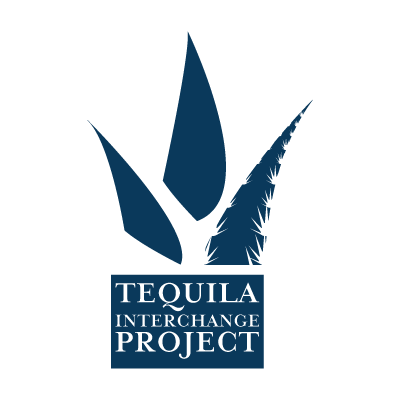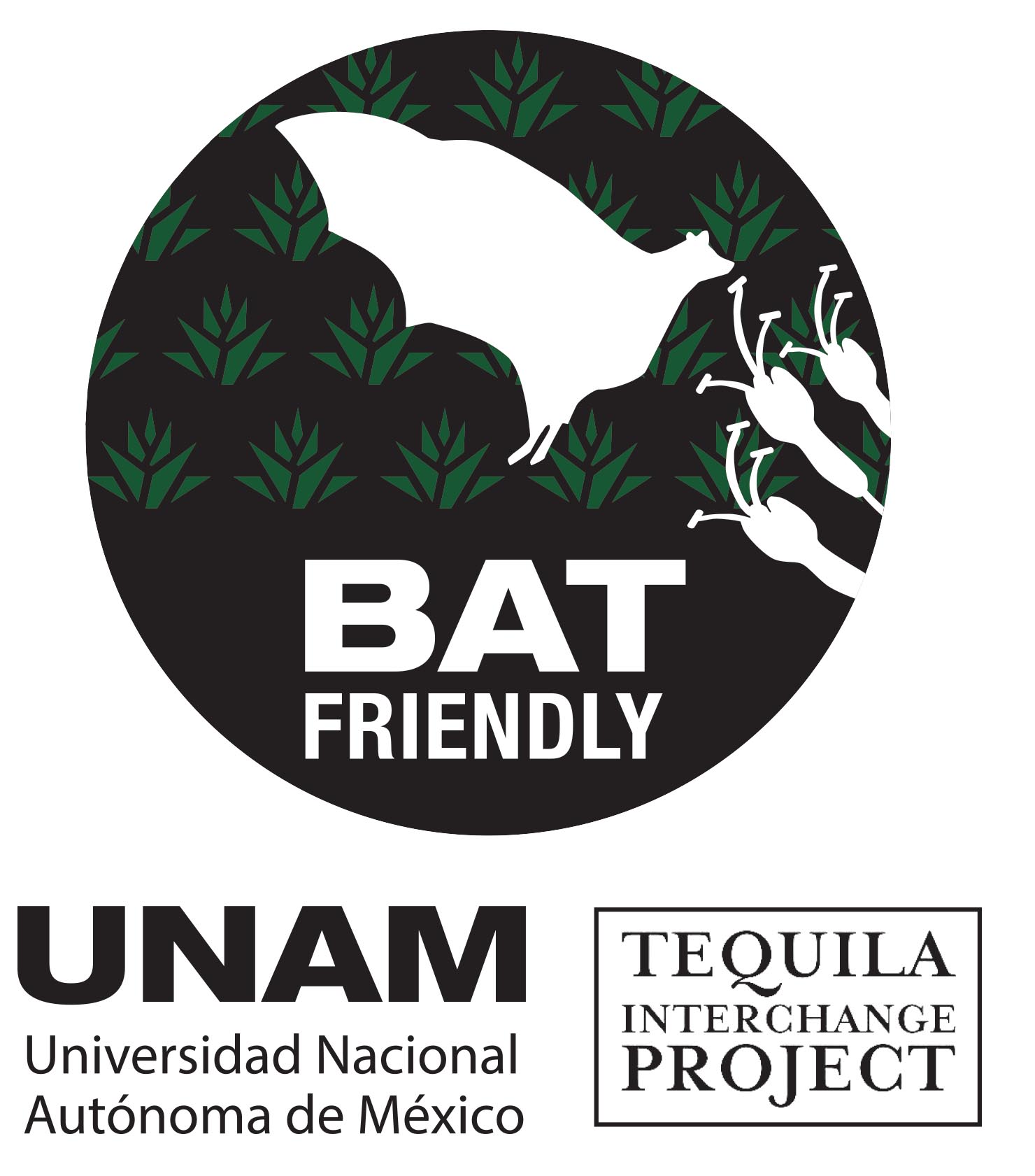ABOUT THE CURRENT SITUATION OF THE CONSEJO REGULADOR del MEZCAL CRM AND THE CONCERN FOR THE CULTURE OF MAGUEY AND MEZCAL

*Spanish version below.
Vinos mezcales are emblematic beverages of Mexico, within which many biocultural practices are encompassed, and whose tradition, apart from being passed down from one generation to the next it is also enriched with each generation. As a result, the management of maguey, its diverse uses and transformation into food, fermented beverages and distilled beverages all of which are more complex and diverse than the production of alcohol for market.
The cultures of maguey and mezcal, both with and without denominations of origin, face a crossroads that implies the diligent participation of those bearers of know-how and techniques, as well as the expertise of other sectors directly interested in the use and conservation of the ways of life fundamental to the making of genuine vinos mezcales.
In the last couple of weeks, the changes in leadership that are being proposed by the Consejo Regulador del Mezcal (CRM) and the way in which certain events have arisen, have created the conditions necessary to bring to light a series of topics that, from our point of view, should form part of the discussion.
1. What is happening, and what has been portrayed in the media, is evidence that the parties interested in controlling the destiny of the CRM consider that what is at stake is political plunder, such as opportunities to profit financially.
2. This is important because the two parties that are in dispute over this plunder or treasure have undeniable ties to political parties.
3. What´s more, due to the way in which the CRM is structured; centralized and monopolized, they ensure control over economic resources (budgets, payments, certifications).
Consequently, those of us who are presenting this pronouncement have the sole intention of raising awareness, not only of the relevance of this historic moment, but also as an opportunity to preventing making the same mistakes that other distillates have made, we propose the following:
First. That the election of the Board of Directors of the CRM scheduled for this May 12th be postponed.
Second.While conditions to call for a new election are created, the current leadership should stay in change for three more months, until the Presidential election on July 1st has passed.
Third. During this time we call for the submission of other interested groups. We believe interested groups must not be an active contributor or members of a political party, must not be affiliated with any brand(s) of mezcal, and cannot have any conflicts of interest such as owning a laboratory; and the immediate re-election of any of the members of the CRM´s current administration is prohibited.
Fourth.An Autonomous Commission is to be formed to review the proceedings and actions carried out by the CRM, with the purpose of avoiding conflicts of interest. This Commission should comprise academics, representatives and promoters of the culture of maguey and mezcal. The purpose is supervise the CRM through different representatives and producers.
Fifth. A Board of Analysis should be convened and made up of bearers of know-how and techniques, as well as those who define themselves as producers, academics, and non commercial organizations, so that in addition to revising proposals suggested by the CRM, other voices are heard and an inclusive and sustainable path is proposed, with and for the cultures of maguey and mezcal.
Sixth. It is desirable that academics, such as people committed to the culture of traditional mezcals, should be considered to be the best candidates to run the CRM.
The following are a few points that we consider important to bring to the table for
discussion:
- That it should be recognized that Mexico is a country of maguey and mezcal, and as a consequence, each state of the republic that has evidence of historic production of mezcal, should have a representative whether or not it is included in the D.O.
- That work be done so that mezcal is recognized as a Generic Denomination and create conditions to be able to create small Regional Denomination, from biocultural territories, that is, based on traditions, knowledge and techniques traceable by regions.
- In this vein, help to create state offices, in this way combating the centralized setup of the CRM. And in the same way, there should be regional verification laboratories and regional verifiers.
- That in all cases, there is transparency in budgets and expenses, and audits should be considered.
- That Consultant Boards be created to take part in decision making so that the responsibility does not lie solely on the Board of Directors. These Consultant Boards should be formed similarly to the Autonomous Commission.
- Figures that promote cronyism like the ambassador of mezcal should be avoided.
- That all the information that is generated by the CRM be publicly posted on the CRM´s website and that it be delivered in a physical format to the maguey and mezcal communities, where there is generally limited to no internet access.
- That the meetings be transmitted live and be available online for those interested that could not attend so that they are informed, and if this is the case, have an opportunity to participate virtually.
Its fundamental to work for the creation of an inclusive, impartial, and transparent CRM, where its members feel free to express their opinions either in favor or against the Board of Directors, without fear of retaliation.
A first symbolic manifestation of the recognition that there is not just a single mezcal, or a single territory of origin, that future meetings where important decisions are made are held itinerantly throughout different mezcal producing regions, with and without D.O.
Sincerely
Dr. José de Jesús Hernández López. El Colegio de Michoacán A. C.
Dr. Abisaí Josué García Mendoza. Instituto de Biología. UNAM
Constantino Cortés García. Lic. Agricultural Planning UNAM & Agave Producer.
Xitlali Aguirre Dugua. UNAM.
Dra. Patricia Colunga García Marín. National Researcher SNI.
Dr. Daniel Zizumbo Villarreal. National Researcher SNI.
Dra. Dánae Cabrera Toledo. CUCBA, UdeG.
Dra. Rogelia Torres Villa. UAER, UNAM.
Dr. Rogelio Luna Zamora. CUCSH, UdeG.
Mtro. Leobardo Padilla Miranda. Agave Producer.
Rosario Pineda. Agave Producer.
Lorenzo Virgen. Agave Producer.
Tomás Virgen. Agave Producer.
Cándido Romero. Agave Producer.
Santos Juárez. Agave Producer.
Marco Ochoa. Mezcaloteca.
David G. Suro Piñera. Founder & President Tequila Interchange Project – TIP.
Pedro Jiménez Gurría. Mezonte. Mexican Agave Distillates.
SOBRE LA ACTUAL SITUACIÓN DEL CRM Y LA PREOCUPACIÓN POR LAS CULTURAS MAGUEYERAS Y MEZCALERAS
Los vinos mezcales son bebidas emblemáticas mexicanas, en los cuales se condensan una variedad de prácticas bioculturales, y cuya tradición además de transmitirse se va enriqueciendo de una generación a otra. En consecuencia, el manejo de los magueyes, su diverso aprovechamiento y transformación en alimentos, fermentos o destilados es más complejo que la producción de alcohol para el mercado.
Las culturas magueyeras y mezcaleras, con y sin denominación de origen, enfrentan una coyuntura que implica la participación diligente de los propios portadores de saberes y técnicas, así como de otros sectores directamente interesados en el uso y conservación de los modos de vida fundamentales para la elaboración de genuinos vinos mezcales.
En las últimas semanas, los cambios en la dirigencia del Consejo Regulador del Mezcal (CRM), y la manera en la que se han suscitado determinados acontecimientos, han creado las condiciones para visibilizar una serie de tópicos que, desde nuestro punto de vista, deben formar parte de la discusión.
- Lo que está sucediendo, y que se ha ventilado en los medios de comunicación, evidencia que las planillas interesadas en dirigir el destino del CRM consideran que lo que está en juego es un botín político, así como la oportunidad de hacer negocios económicos.
- Ello es así porque las dos planillas en disputa de ese “botín” cuentan con innegables nexos con partidos políticos.
- Además, porque la forma como se encuentra estructurado el CRM, centralizado y monopolizado, asegura el control de los recursos económicos (presupuestos, cobros, certificaciones).
En consecuencia, quienes suscribimos este pronunciamiento, con la única intención de sensibilizar sobre la relevancia del momento histórico, y la oportunidad de no cometer los mismos errores que han seguido otros destilados, proponemos lo siguiente:
Primero. Que se aplace la elección de la Mesa Directiva del CRM, agendada para el próximo 12 de mayo del corriente.
Segundo. Que mientras se crean las condiciones para convocar a elección, la actual dirigencia permanezca por tres meses más al frente, hasta que pasen las elecciones del próximo 1 de julio.
Tercero. Que durante este tiempo se convoque a la presentación de otras planillas, entre cuyos requisitos estén el que quienes encabecen no militen en ningún partido político, no estén relacionados con marcas de mezcal y que no tengan conflicto de intereses, por ejemplo, contar con un laboratorio; además que se prohíba la reelección inmediata, para cualquiera de los miembros de la administración en turno del CRM.
Cuarto. Que se conforme una Comisión Autónoma, para revisar los procedimientos y acciones llevados a cabo por el CRM, a fin de evitar conflictos de intereses. Dicha Comisión deberá estar integrada por académicos, gestores y promotores de las culturas de los magueyes y los mezcales. La finalidad es la de velar por los diferentes portadores y productores.
Quinto. Que se convoque a mesas de análisis con los portadores de saberes y técnicas, así como con quienes se definen como productores, además de gente de la academia, y organizaciones no comerciales, para que además de revisar las propuestas surgidas desde el CRM, escuchen otras voces y propongan una ruta incluyente y sostenible, con y para las culturas magueyeras y mezcaleras.
Sexto. Es deseable que académicos, así como personas comprometidas con la cultura de los mezcales tradicionales, sean considerados como las mejores opciones para dirigir el CRM.
Algunos de los puntos que consideramos importantes para poner sobre la mesa son los siguientes:
- Que se reconozca que México es un país magueyero y mezcalero, y en consecuencia, que cada Estado de la República donde se demuestre la producción histórica del mezcal, tenga un representante, esté o no dentro de la DO.
- Que se trabaje para que el Mezcal sea reconocido como una Denominación Genérica, y se creen las condiciones para la creación de pequeñas Denominaciones Regionales, a partir de territorios bioculturales, esto es, con base en tradiciones, saberes y técnicas trazables por regiones.
- Que como ruta a seguir en esa dirección, se apoye la formación de oficinas estatales, combatiendo de esta manera la centralización de la administración del CRM. Y que en el mismo sentido, haya laboratorios de verificación y verificadores regionales.
- Que, en todos los casos, haya transparencia en los presupuestos y gastos, y se consideren auditorías.
- Que se creen mesas de consulta para la toma de decisiones, para que la responsabilidad no sea únicamente de la mesa directiva. Estas mesas de consulta deben conformarse de manera semejante a la Comisión Autónoma.
- Que se eviten figuras como la del embajador del mezcal, que promueve el amiguismo.
- Que toda información que se genere se publique en la página del CRM, y que se haga llegar en formato físico a las comunidades magueyeras y mezcaleras, donde por lo general no se cuenta con acceso a internet.
- Que las juntas se transmitan en vivo, y que queden disponibles en internet, para que lo interesados que no puedan asistir estén al tanto, y si es el caso, tengan la oportunidad de participar de manera virtual.
Es fundamental trabajar por la construcción de un CRM incluyente, imparcial y transparente, en el que los asociados se sientan libres de opinar, a favor o en contra de las acciones que tome la mesa directiva, sin temor a represalias.
Una primera manifestación simbólica del reconocimiento de que no hay un solo mezcal, ni un único territorio de origen del mezcal, será que las reuniones, donde se tomen decisiones importantes, sean itinerantes por las distintas regiones mezcaleras, con y sin DO.
Atentamente
Dr. José de Jesús Hernández López. El Colegio de Michoacán A. C.
Dr. Abisaí Josué García Mendoza. Instituto de Biología. UNAM
Constantino Cortés García. Lic. en Planificación Agropecuaria UNAM y productor de agave
Xitlali Aguirre Dugua. UNAM
Dra. Patricia Colunga García Marín. Investigadora Nacional SNI
Dr. Daniel Zizumbo Villarreal. Investigador Nacional SNI
Dra. Dánae Cabrera Toledo. CUCBA, UdeG
Dra. Rogelia Torres Villa. UAER, UNAM
Dr. Rogelio Luna Zamora. CUCSH, UdeG
Mtro. Leobardo Padilla Miranda. Productor de agave.
Rosario Pineda. Productor de agave.
Lorenzo Virgen. Productor de agave.
Tomás Virgen. Productor de agave.
Cándido Romero. Productor de agave.
Santos Juárez. Productor de agave.
Marco Ochoa. Mezcaloteca
David G. Suro Piñera. Fundador de TIP (Tequila Interchange Project)
Pedro Jiménez Gurría. Mezonte. Destilados Mexicanos de Agave.



